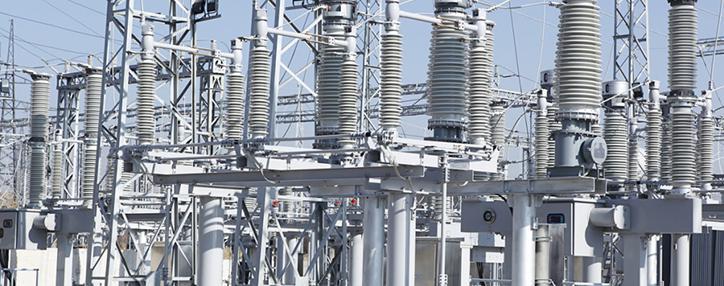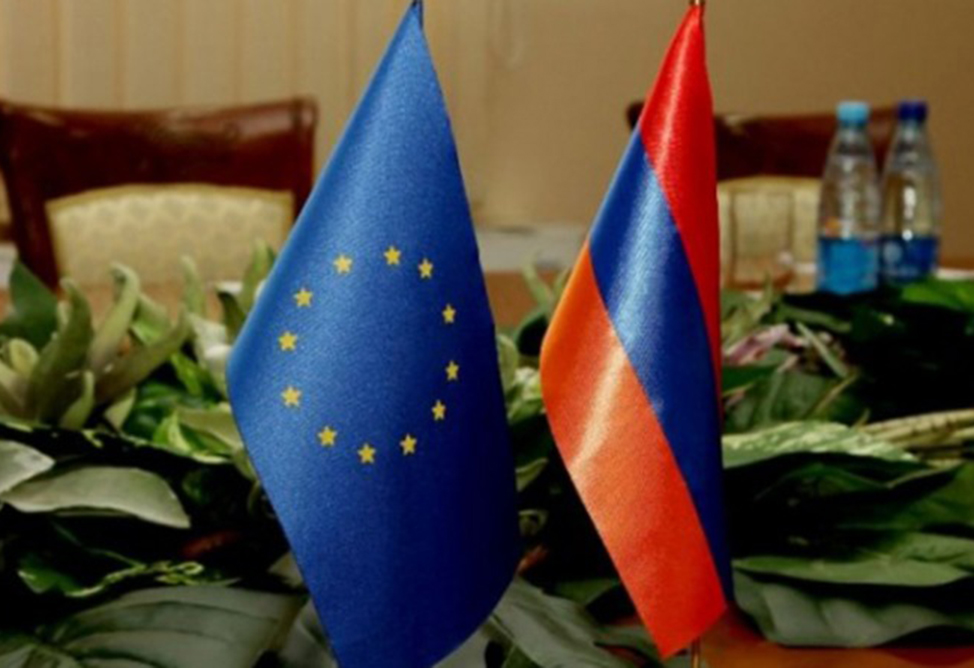Increased electricity tariffs make Armenian products less competitive – ex-mayor of Yerevan
08.07.2014,
13:58
Increased electricity tariffs make Armenian produce less competitive in global markets, former mayor of Yerevan, member of the opposition Armenian National Congress Vahagn Khachatryan said.

YEREVAN, July 8. / ARKA /. Increased electricity tariffs make Armenian produce less competitive in global markets, former mayor of Yerevan, member of the opposition Armenian National Congress Vahagn Khachatryan said.
At is sitting of July 1, Armenia’s Public Services Regulatory Commission raised the tariffs for consumers for electricity produced by Electric Networks of Armenia to 41.85 drams per kilowatt-hour in daytime (from 7:00 to 23:00) compared to the current 38 drams, and 31.85 drams per kilowatt-hour at nights, compared to the current 28 drams. The decision comes into effect on August 1, 2014.
The government’s statements about export-oriented policy and the constant increases of gas and energy tariffs are conflicting with each other, Khachatryan told a press conference on Monday.
The president of the Union of Employers of Armenia Gagik Makaryan, in his turn, said it is small and medium-sized businesses that will suffer from the increase the most. According to him, they will incur additional expenses of $100 for electricity every month on average.
Economist Ashot Yeghiazaryan said Armenia’s energy system found itself isolated as the capacities of the cooperation with Iran and Georgia are not used to the full.
The other problem is that the tariffs will continue rising as the system is aged and requires capital investments, Yeghiazaryan said. He also said the Armenian Nuclear Power Plant fails to continue basic supplies, and more expensive energy from heat plants is now preferred over cheaper electricity.
According to preliminary estimates by the Public Services Regulatory Commission, energy sector needs an additional of 20 billion drams (without VAT) to fill the financial gap and to ensure viability. –0--
At is sitting of July 1, Armenia’s Public Services Regulatory Commission raised the tariffs for consumers for electricity produced by Electric Networks of Armenia to 41.85 drams per kilowatt-hour in daytime (from 7:00 to 23:00) compared to the current 38 drams, and 31.85 drams per kilowatt-hour at nights, compared to the current 28 drams. The decision comes into effect on August 1, 2014.
The government’s statements about export-oriented policy and the constant increases of gas and energy tariffs are conflicting with each other, Khachatryan told a press conference on Monday.
The president of the Union of Employers of Armenia Gagik Makaryan, in his turn, said it is small and medium-sized businesses that will suffer from the increase the most. According to him, they will incur additional expenses of $100 for electricity every month on average.
Economist Ashot Yeghiazaryan said Armenia’s energy system found itself isolated as the capacities of the cooperation with Iran and Georgia are not used to the full.
The other problem is that the tariffs will continue rising as the system is aged and requires capital investments, Yeghiazaryan said. He also said the Armenian Nuclear Power Plant fails to continue basic supplies, and more expensive energy from heat plants is now preferred over cheaper electricity.
According to preliminary estimates by the Public Services Regulatory Commission, energy sector needs an additional of 20 billion drams (without VAT) to fill the financial gap and to ensure viability. –0--



